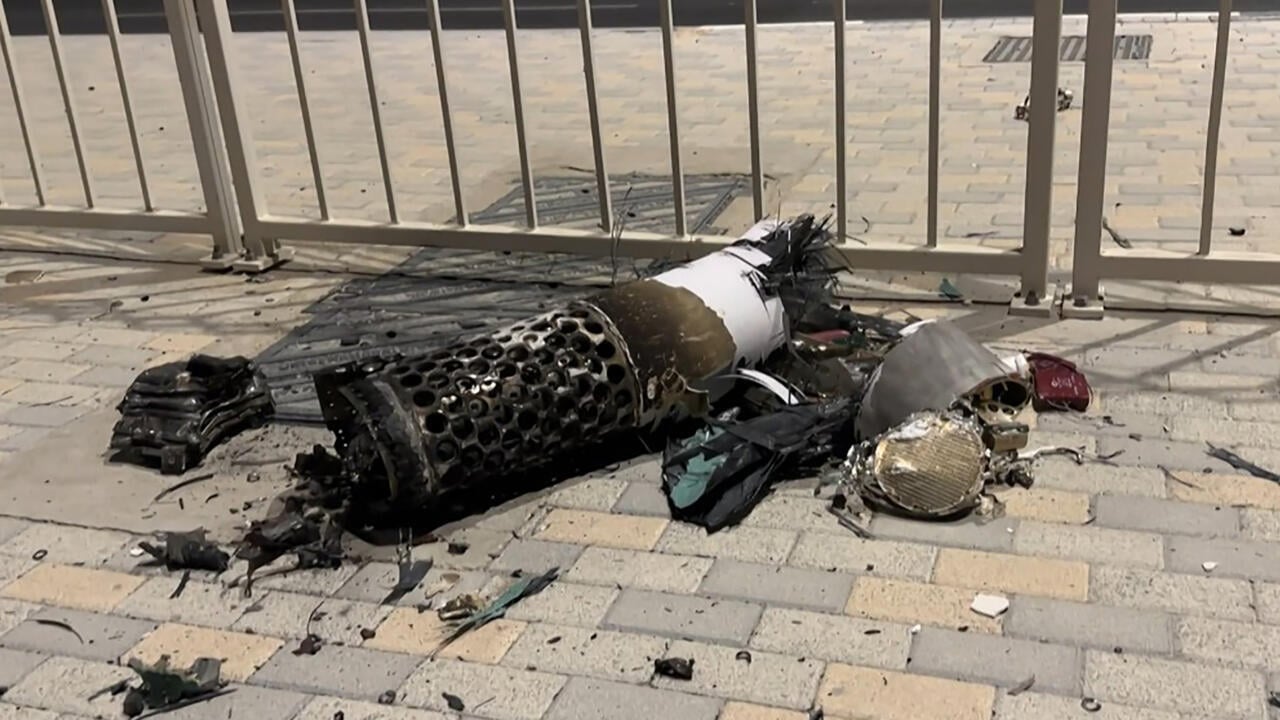News Flash

JERUSALEM, June 24, 2025 (BSS/AFP) - Israel said Tuesday it had agreed to US President Donald Trump's proposal for a ceasefire with Iran, on the 12th day of war between the foes.
Here are the latest developments:
- Israel agrees to ceasefire -
The Israeli government said it had achieved all its objectives in the war with Iran, and that it had agreed to the US-proposed ceasefire after removing the "dual existential threat" of Tehran's nuclear programme and ballistic missiles.
Israel nonetheless warned it would "respond forcefully" to any Iranian violation, with its military later saying it had been ordered "to maintain a high level of alertness".
Oil prices were down around 3.5 percent on Tuesday after Israel agreed to the proposal.
The ceasefire agreement, as outlined by Trump on social media in a surprise late-night post, would see the arch enemies stop firing in staggered phases.
Trump said Iran would unilaterally halt all operations beginning 0400 GMT Tuesday, with Israel following suit 12 hours later, maintaining the deal had been "fully agreed by and between Israel and Iran".
- 'No intention to continue' –
As of 1:30 pm (1000 GMT) Tuesday, Iran had still not officially confirmed its commitment to the truce, but its Supreme National Security Council appeared to claim victory in the conflict.
In a statement, it said the country had "compelled the enemy to regret, accept defeat, and unilaterally halt its aggression".
Earlier, Iran's Foreign Minister Abbas Araghchi had posted on social media that "there is NO 'agreement' on ceasefire or cessation of military operations".
However, he added that if Israel stopped "its illegal aggression", Tehran would have "no intention to continue our response".
- Final salvos –
Iran's state media said on Tuesday that a wave of missiles was headed towards Israel around the time the ceasefire was expected to take hold.
Israeli emergency services later said four people were killed and two moderately wounded in a missile strike in southern Beersheba.
At least 50 impacts have been acknowledged across Israel since the war began, and 28 people have died, according to official figures.
Iranian media said an overnight Israeli strike on the north of the country killed nine people, just before Trump's ceasefire announcement.
Israeli strikes on Iran have killed more than at least 610 people, Iran's health ministry said Tuesday.
Around mid-morning on Tuesday, after the ceasefire was meant to have taken effect, Israel's military reported two incoming missiles from Iran, later saying both were successfully intercepted.
Iran denied firing missiles after the truce announcement, and its military later accused Israel of similarly launching attacks after the ceasefire.
- Iran strikes US air base -
On Monday night, hours before the ceasefire announcement, Iran launched missiles at a US base in Qatar in retaliation for American strikes on Tehran's nuclear facilities.
Qatar said it successfully intercepted the attack on Al Udeid Air Base, which it called a "flagrant violation" of its sovereignty.
Trump dismissed the attack as "very weak", and said Iran gave "early notice", adding no one was hurt or killed.
Qatari Prime Minister Sheikh Mohammed bin Abdulrahman bin Jassim Al-Thani said Tuesday that the missile attack was "an unacceptable act, especially (given) that the State of Qatar has been making great diplomatic efforts in order to have the situation de-escalated".
He vowed to bring "diplomatic and legal" action against Iran over the strike.
A source with knowledge of the talks credited the Qatari prime minister with having "persuaded Iran to agree to the (ceasefire) proposal in a call".
Iran's Araghchi in a call with the Qatari foreign minister maintained that the attack was part of Iran's "legitimate right to self-defence", and "should in no way be interpreted as an action against" Qatar.
- International relief -
After mounting fears of regional spillover from the war between Israel and Iran, the international community appeared to breathe a sigh of relief at news of a truce.
"If a ceasefire has indeed been achieved, this can only be welcomed," Kremlin spokesman Dmitry Peskov told reporters, adding that Russia hoped "that this will be a sustainable ceasefire".
French President Emmanuel Macron said it was a "very good thing that President Trump is calling for a ceasefire", but warned that "the situation remains very fragile".
German Chancellor Friedrich Merz urged both sides to adhere to Trump's proposal, adding that if the deal succeeded, "then it will be a very positive development that can make the Middle East and the world safer".
Saudi Arabia also welcomed the truce announcement, while China urged the two sides "return to the correct path of political resolution".